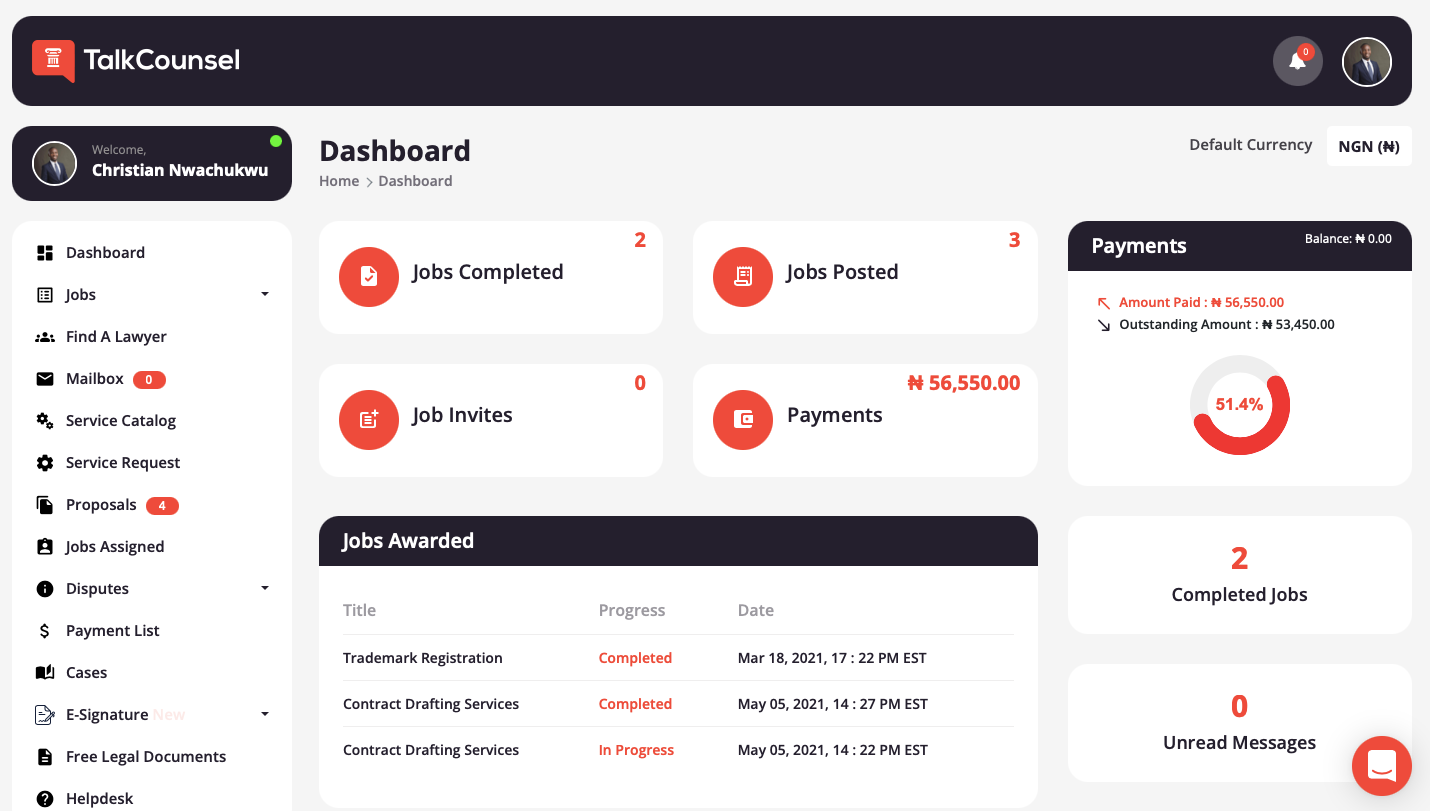When partnering with a distributor to market and sell your products, you often share intellectual property (IP)—like logos, trademarks, or marketing materials—to help them promote your brand effectively. This collaboration can open new opportunities, but it also requires careful planning to protect your IP. Here’s a guide, with relatable examples, to help you navigate these crucial considerations.
What Is Intellectual Property (IP), and Why Does It Matter?
Intellectual property includes the unique creations of your business that differentiate your brand and add value. For example:
- Chiggopay has a distinctive logo and a trademarked brand name.
- Inbox Developers relies on copyrighted marketing content and software.
- Chigozie holds a patent for an innovative product design.
These assets are vital to your business’s identity and success. If left unprotected in your agreements, you risk losing control over how they’re used—or worse, seeing them misused by others.
Recommendation: The Paperwork Tango: A Guide to MSAs, SOWs, Work Orders, and Change Orders
Sharing IP: How to Do It Safely
When working with a distributor like Onyeka’s Distribution Co., you may need to give them access to your IP for promoting your products. To protect your rights, here’s what your distribution agreement should include:
- Grant a Limited License: Allow the distributor to use your IP, but make the terms clear and specific. For example:
- Revocable: You can terminate their access if needed.
- Non-transferable: Onyeka can’t pass these rights to someone else.
- Non-exclusive: You retain the right to license the same IP to other distributors.
Example: Chiggopay grants Onyeka a license to use its logo exclusively for promoting events in Lagos.
- Set Payment Terms: Most licenses for distributors are royalty-free, meaning they can use your IP without additional fees. However, in cases where royalties apply, ensure the payment structure is clearly outlined.
- Define the Territory and Purpose: Limit the license to specific regions or activities. For instance, Onyeka might be permitted to use Chiggopay’s trademarks only in Nigeria and solely for marketing its payment services.
Reviewing Marketing Materials
To protect your brand’s integrity, your agreement should give you the right to review any materials where your IP is used.
Example: Before Onyeka launches an ad campaign featuring Chiggopay’s logo, Chiggopay reviews the promotional materials to ensure the logo is used correctly and aligns with its brand guidelines.
This safeguard helps maintain the consistency and quality of your brand image in the marketplace.
Protecting IP After the Agreement Ends
Your IP rights shouldn’t expire when the distribution agreement ends. Include provisions to:
- Require the distributor to stop using your IP immediately after the agreement terminates.
- Prevent them from using your trademarks, marketing materials, or logos for other purposes.
Example: Once Chiggopay and Onyeka end their partnership, Onyeka must remove Chiggopay’s logo from his website and promotional materials.
If there’s a post-termination “sell-off period” (allowing the distributor to sell remaining inventory), clarify that they may use the IP only for this purpose and for a limited time.
Preventing IP Misuse
Your agreement should ensure the distributor:
- Doesn’t register your trademarks as their own.
- Avoids using your IP in ways that could damage your reputation or brand value.
Example: Onyeka shouldn’t use Chiggopay’s logo on counterfeit products or for unauthorized purposes, as this could confuse customers and harm Chiggopay’s brand image.
What About the Distributor’s IP?
Distributors might also bring their own intellectual property to the table, which they’ll want to protect.
Example: Onyeka develops a unique software to streamline order tracking for Chiggopay’s products. The agreement should clarify that Chiggopay cannot use Onyeka’s software without permission, ensuring both parties’ IP is respected.
If you’re the distributor, consult with an attorney to ensure your rights are protected.
Planning for Royalties and Special Cases
While many distribution agreements grant royalty-free licenses, there may be cases where royalties are appropriate—for example, if the distributor benefits significantly from using your IP in high-revenue campaigns. In such cases, your agreement should spell out royalty terms, including rates, payment schedules, and applicable territories.
For post-termination sell-offs, ensure you retain control over how your IP is used during this period.
Recommendation: Shielding Your Venture: The Imperative of Contractor Insurance in Business
In Sum
Intellectual property is one of your business’s most valuable assets, and protecting it is essential when entering into a distribution agreement. By clearly outlining how your IP can be used, ensuring proper safeguards, and including terms for post-termination use, you can protect your brand and maintain control over your assets. If you’re unsure how to structure these agreements or need help drafting one, consult a legal professional to ensure your business is fully protected.
Disclaimer: This article is for informational purposes only and does not constitute legal advice. For guidance specific to your business and jurisdiction, consult a qualified attorney.











